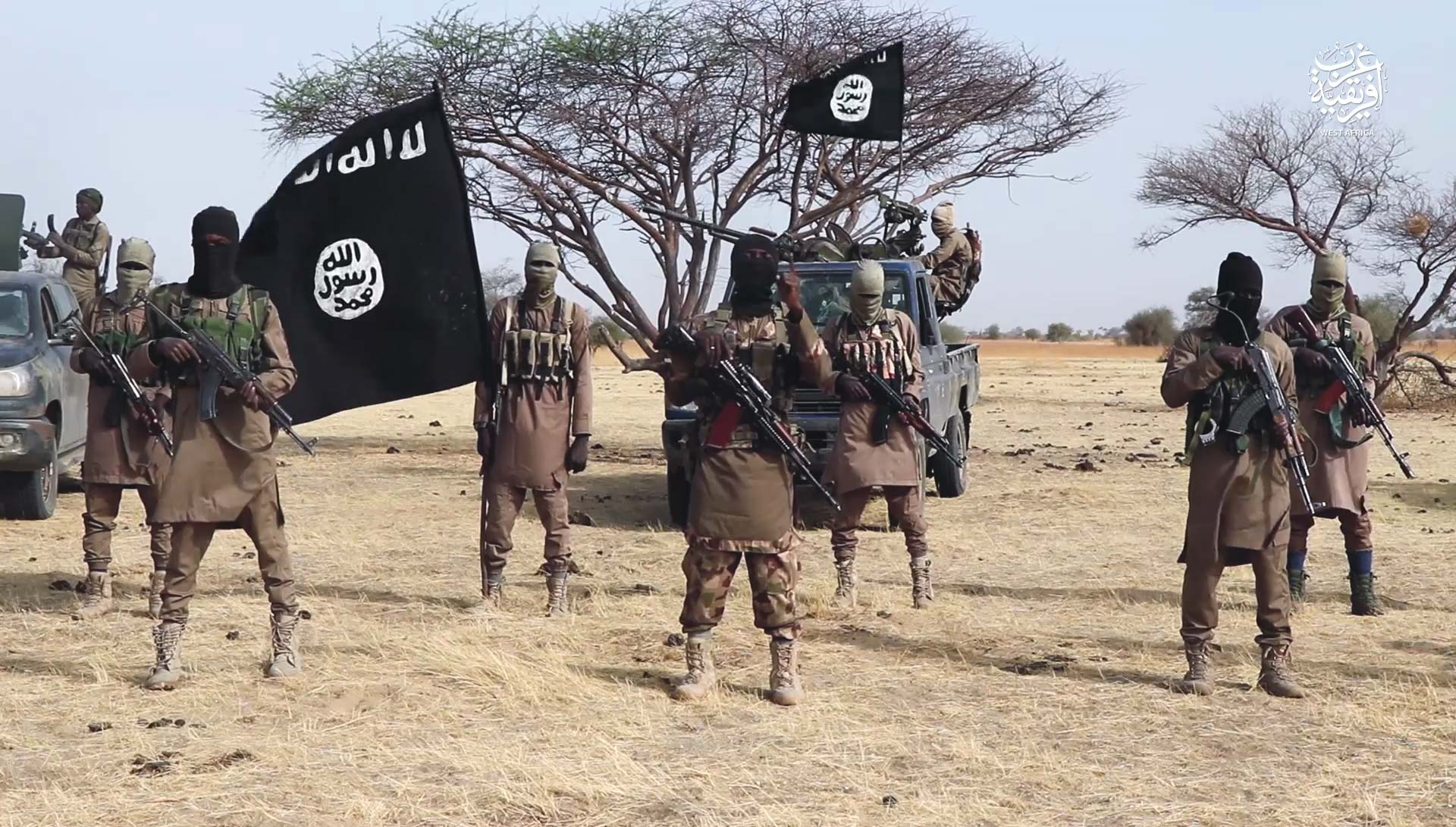Hot Stories
Recent Stories
Boko Haram Fighters Establish Two Markets In Borno
Posted by Thandiubani on Mon 17th Jan, 2022 - tori.ngIt is not the first time that the brazen terrorists would establish markets, determine levies and fees for traders and collect revenue.

Two markets have been opened by the Islamic State-backed faction of Boko Haram, the Islamic State West Africa Province (ISWAP) in Borno State.
SaharaReporters gathered that the markets were established in Daban Gajere, located very close to Bulwa Bakin Dam and Tamfalla in the Marte Local Government Area.
“The markets are expected to be open for business on Wednesday and Thursday of every week,” SaharaReporters was told.
It is not the first time that the brazen terrorists would establish markets, determine levies and fees for traders and collect revenue.
In 2019, the terror group took full control of some strategic fishing communities in the Lake Chad of Nigeria and established markets in Kusiri in Chad and Kinchhandi in Niger Republic.
SaharaReporters also reported how ISWAP established two Wilaya’s (Caliphates) at Lake Chad and Sambisa forest to sustain its war against countries in Sub-Saharan Africa.
According to sources, the terrorist group lifted the ban imposed on fishing and farming activities in the Lake Chad area, three years after chasing people out of for allegedly spying for Nigerian troops.
It, nevertheless, imposed new taxes and levies in the areas controlled by ISWAP-Boko Haram, to regulate trades and agricultural activities.
Several fishermen, farmers and merchants had returned to the Lake-Chad area to engage in socio-economic activities, under the arrangement of the new ISWAP-Boko Haram leadership.
Since the death of JAS leader, Abubakar Shekau, ISWAP has been consolidating its grip in locations around Lake Chad.
Just recently, it appointed Wali Sani Shuwaram, a 45-year-old as the new Leader (Wali) of ISWAP in Lake Chad.
The sect’s membership has swollen with the defection of hundreds of Boko Haram fighters under Shekau.
The Nigerian Army has repeatedly claimed that insurgency had been largely defeated and the military frequently underplays any losses.
The terror group has caused over 100,000 deaths and displaced millions of individuals mainly in Adamawa, Borno, and Yobe states.
Top Stories
Popular Stories
Stories from this Category
Recent Stories

















































